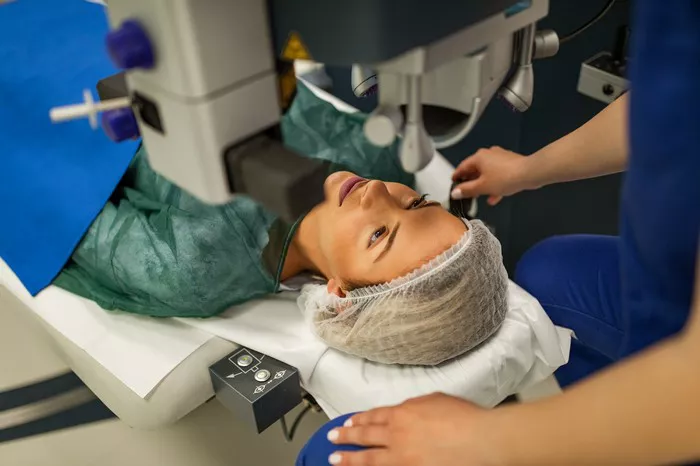In the realm of plastic surgery, a significant gap exists for Black patients and surgeons, as highlighted by a 2020 report from the American Society of Plastic Surgeons (ASPS). While the demand for cosmetic procedures among Black individuals is on the rise, only 11 percent of those undergoing surgery are Black, with less than three percent of plastic surgeons representing the community.
Examining the popular cosmetic procedures sought by Black individuals reveals a trend toward enhancing natural features while preserving cultural identity. Procedures such as rhinoplasty, liposuction, hair transplants, and butt enhancements through fat transfer are among the commonly requested surgeries.
However, the relationship between Black individuals and plastic surgery is complex, with stigmas rooted in the fear of disowning one’s Blackness. A misconception persists that altering one’s appearance equates to a rejection of racial heritage or an attempt to conform to Eurocentric beauty standards. Yet, this assumption is not only insensitive but also inaccurate, as individuals can embrace their cultural identity while seeking cosmetic enhancements.
Systemic racism further compounds the issue, with historical disparities in clinical research leading to a lack of understanding and specialized approaches for communities of color. Higher complication rates and misdiagnoses in Black patients contribute to a reluctance to seek plastic surgery from professionals who may not share their lived experiences.
Addressing specific risks, the myth that all Black individuals will form keloids after surgery is debunked. While there is a chance of keloid formation, it’s not a guaranteed outcome. Adverse scarring and hyperpigmentation are more common due to melanin, requiring tailored approaches to minimize these effects.
To improve plastic surgery experiences for Black individuals, open communication and cultural competency between doctors and patients are crucial. The medical field must address feelings of distrust by fostering understanding and sensitivity to cultural nuances throughout the surgical process. Despite the challenges, the rise of social media platforms has played a pivotal role in normalizing cosmetic procedures and fostering inclusivity.
Notable Black plastic surgeons on platforms like Instagram and TikTok, such as Dr. Amaka and Dr. Wilton L. Triggs II, contribute to a more informed and inclusive conversation around beauty and self-care. Additionally, famous Black women publicly celebrating their cosmetic procedures, coupled with increased representation in before-and-after photos on platforms like RealSelf, help decrease stigma and drive acceptance.
For prospective Black patients, a comprehensive set of questions during consultations is recommended. Inquiring about a surgeon’s experience with similar backgrounds, specific risks related to skin type, aftercare routines, and more ensures patients are fully informed and have realistic expectations. In a field where disparities persist, every patient, regardless of their background, should expect to be listened to and understood.


